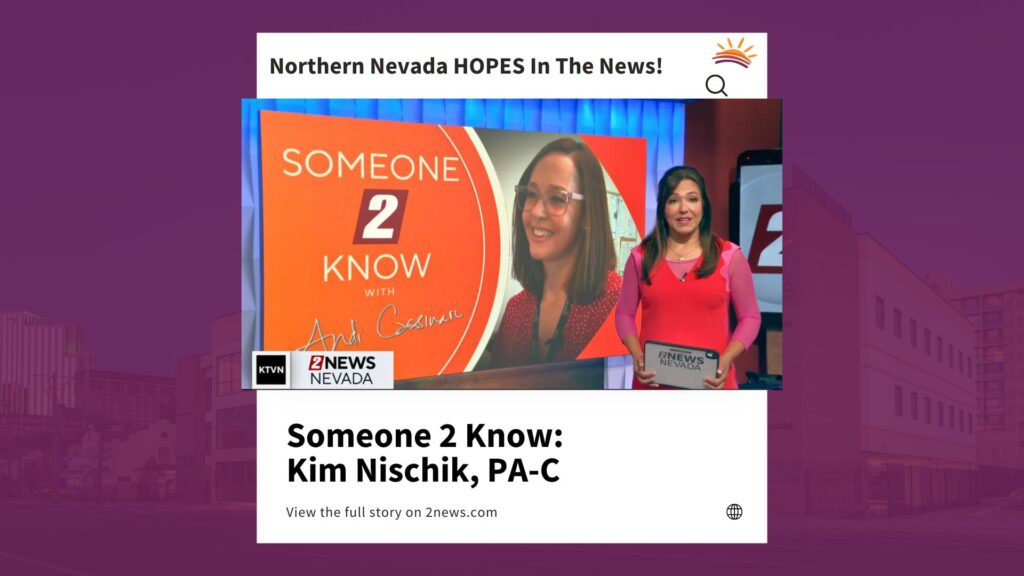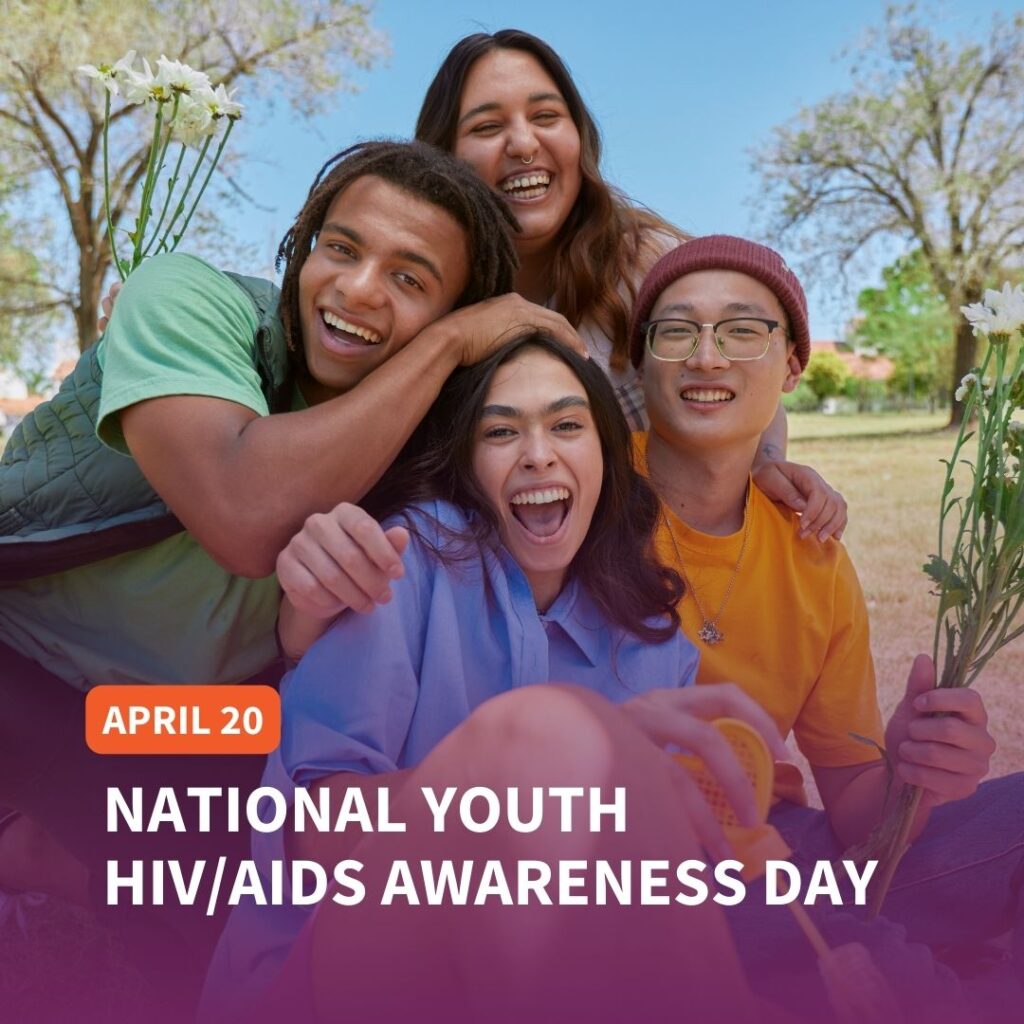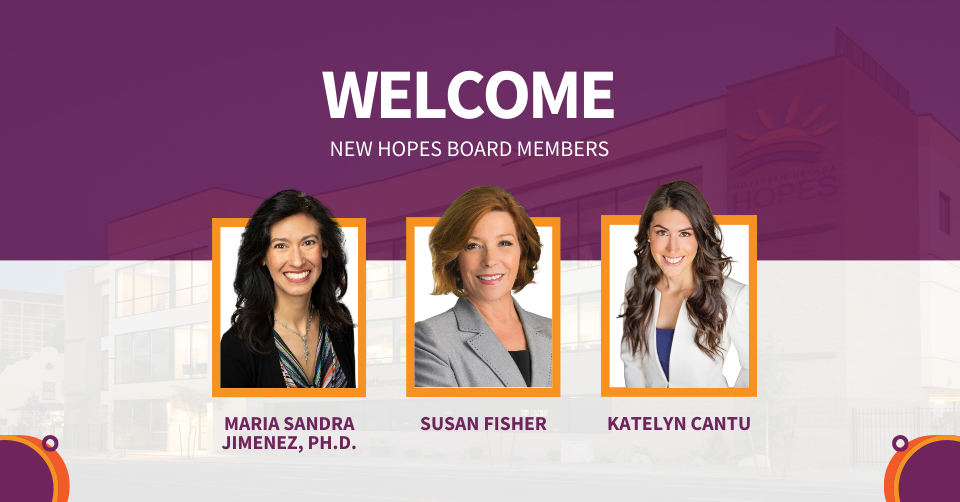For the black community, HIV is not a disease of the 1980s that awareness and medication have since controlled. HIV in Black America, impacts the community today as it did the gay community over 30 years ago.
20,000 black individuals are diagnosed with HIV in the U.S. each year. That’s 44 percent of all new HIV/AIDS diagnoses every year, when blacks make up just 13% of the total U.S. population.
The black community’s underlying crises of poverty and racial discrimination create an environment that encourages high-risk behavior, such as injection drug use and unprotected sex. For gay black men, homophobia in the black community increases the likelihood of HIV infection as gay men will avoid HIV testing (and go without treatment) because of its association with homosexuality. In 2009, black men accounted for 70 percent of new HIV infections; and compared with white women, black women are 20 times more likely to become infected with HIV.
HIV in Black America, is clearly an epidemic
So the question is, when will the problem be serious enough for political leaders to address it as such? Expected funding cuts in the hardest hit southern United States, including cuts to Medicaid programs that benefit people living with HIV, will leave many HIV positive black Americans without basic services to manage their disease.
On Black HIV Awareness Day, raising awareness won’t fix the problem, but it will help. Individuals empowered with the right information, regardless of health disparities and a systemic lack of resources, can take steps to protect themselves and their partners against an entirely preventable disease.



